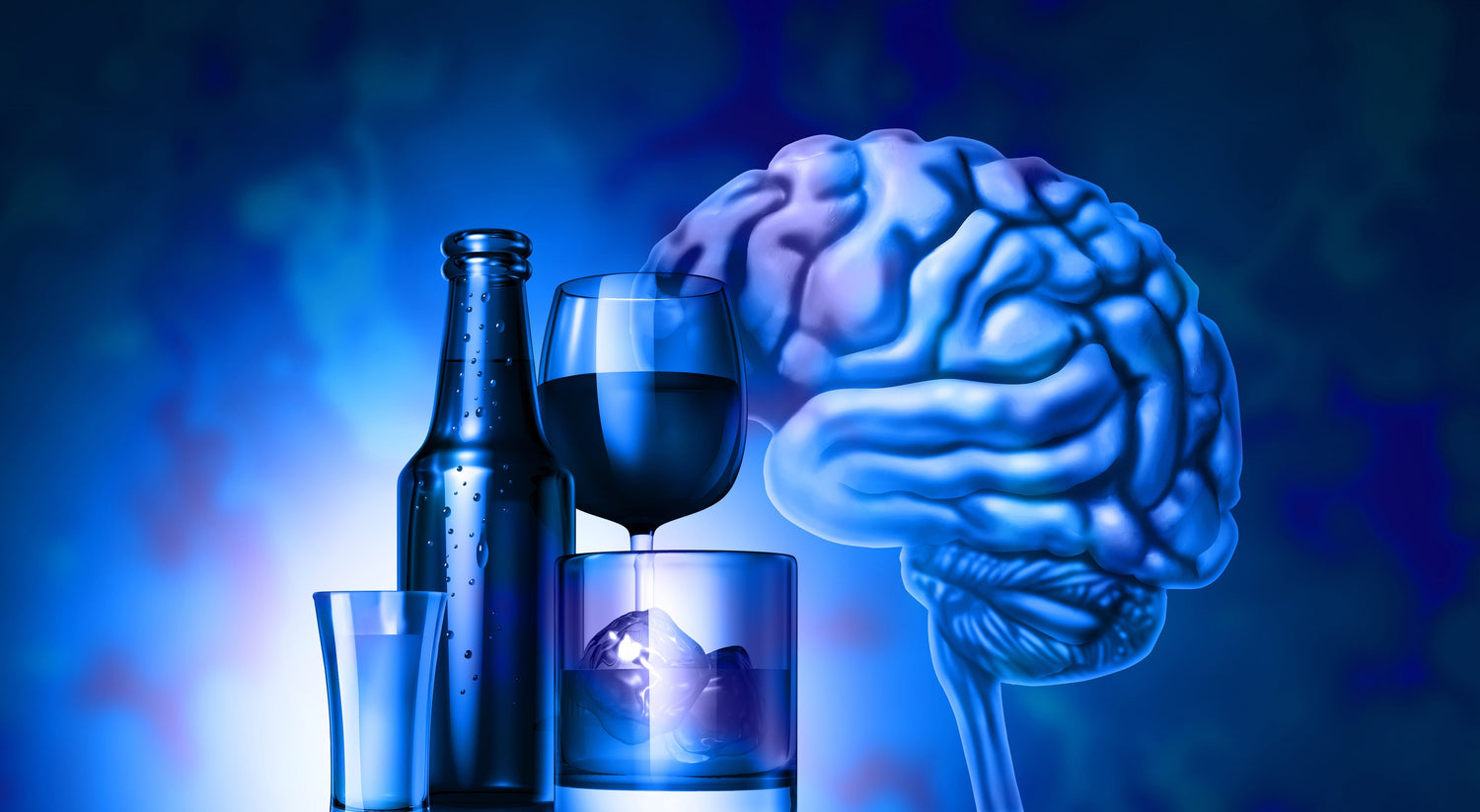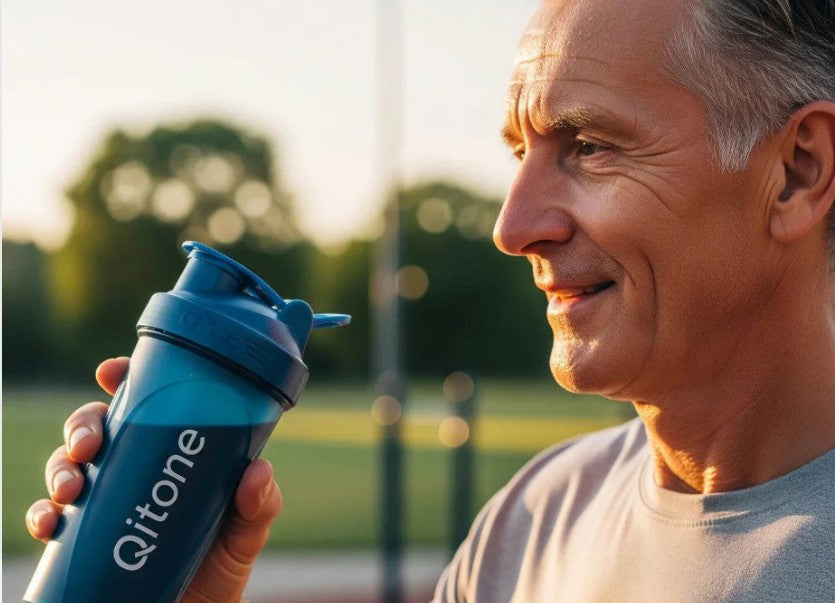How Research by Dr. Corinde Wiers is Unlocking the Power of Ketones
For years, the ketogenic diet has been hailed for its benefits in weight loss and metabolic health. But what if this extends even further, into the intricate workings of the human brain and behavior? Enter Dr. Corinde Wiers, Professor of Psychiatry from The University of Pennsylvania, whose pioneering work is shedding new light on how ketones may help rebalance brain energy metabolism in people affected by alcohol use disorder (AUD).
Dr. Wiers' research is at the forefront of understanding the neurobiology of addiction. Her work explores an interesting hypothesis; By providing the brain with an alternative fuel source (exogenous or endogenous ketones) we may help restore energy balance , improve brain mitochondrial health, and reduce the neuroinflammation linked to chronic alcohol exposure, supporting calmer withdrawal and fewer cravings.

What Are Ketones?
Before diving deeper into Dr. Wiers' findings, let's have a quick refresher. When the body runs low on glucose, the liver converts fat into molecules call ketone bodies, beta-hydroxybutyrate (BHB) and acetoacetate, but also acetone. These circulate in the blood and serve as a clean, efficient fuel for the brain and other organs, a metabolic state known as ketosis.
A Brain Under the Influence
Long term alcohol use takes a real toll on the brain. It disrupts glucose metabolism, leaving the brain in a low-energy state and triggering widespread neuroinflammation. Over time, the brain adapts to use acetate, a byproduct of alcohol metabolism, as a major fuel source. When drinking suddenly stops, acetate levels plummet, and the brain can experience an energy shortfall, leading to anxiety, irritability and intense cravings. This is a vicious cycle: the brain, starved for energy, sends out powerful craving signals for the one substance it knows can provide a quick, albeit destructive, fix – more alcohol.
Dr. Wiers' clinical research investigates what happens when you introduce ketones into this equation. Her 2021 research, which was conducted at the National Institute on Alcohol Abuse and Alcoholism (NIAAA), used a high-fat, low carbohydrate ketogenic diet to induce ketosis in individuals with AUD. The results are compelling:
- By providing the brain with a steady, efficient fuel source in the form of ketones, the desperate need for alcohol appears to diminish, reducing alcohol cravings.
- Ketosis is known to have a stabilizing effect on the brain. In Dr. Wiers’ research, this was linked to milder withdrawal experiences and a reduced need for medication
- Participants often report feeling better and thinking more clearly, consistent with improvements in brain energy metabolism and reduced neuroinflammation.
Why It Matters
Dr. Wiers' work reframes addiction not only as a behavioral challenge but also a metabolic imbalance. By stabilizing brain energy and reducing neuroinflammation, ketones may offer a complementary, non-pharmacological tool to support recovery alongside standard care.
This research opens the door to new treatment strategies, from specialized ketogenic diet protocols to the introduction of exogenous ketones, designed to support brain health during recovery. While not a standalone cure, this metabolic intervention could become a vital part of a comprehensive treatment plan for alcohol use disorder. Her studies with exogenous ketones conducted at the University of Pennsylvania show promising results: acute administration rapidly shifted brain metabolism from glucose to ketones, and decreased alcohol craving in participants with an alcohol use disorder.* Moreover, when paired with alcohol in the lab, exogenous ketones impaired the absorption of alcohol in rats and humans and led to lower alcohol wanting and liking ratings in humans.** Next steps of Dr. Wiers’ lab are to investigate the effects of exogenous and endogenous ketones on alcohol consumption in both preclinical and clinical studies.
Dr. Corinde Wiers and her team are not just studying molecules; they are rewriting our understanding of the addicted brain and offering a new beacon of hope for millions. Her work reminds us that the path to recovery may not only be through willpower, but through the powerful science of metabolism.
At Qitone we are supporting many research projects across the country to further explore the benefits and impact of ketones and we are excited to continue supporting Dr Wiers' upcoming research.
References mentioned:
* https://pubmed.ncbi.nlm.nih.gov/37808798/




Leave a comment
This site is protected by hCaptcha and the hCaptcha Privacy Policy and Terms of Service apply.